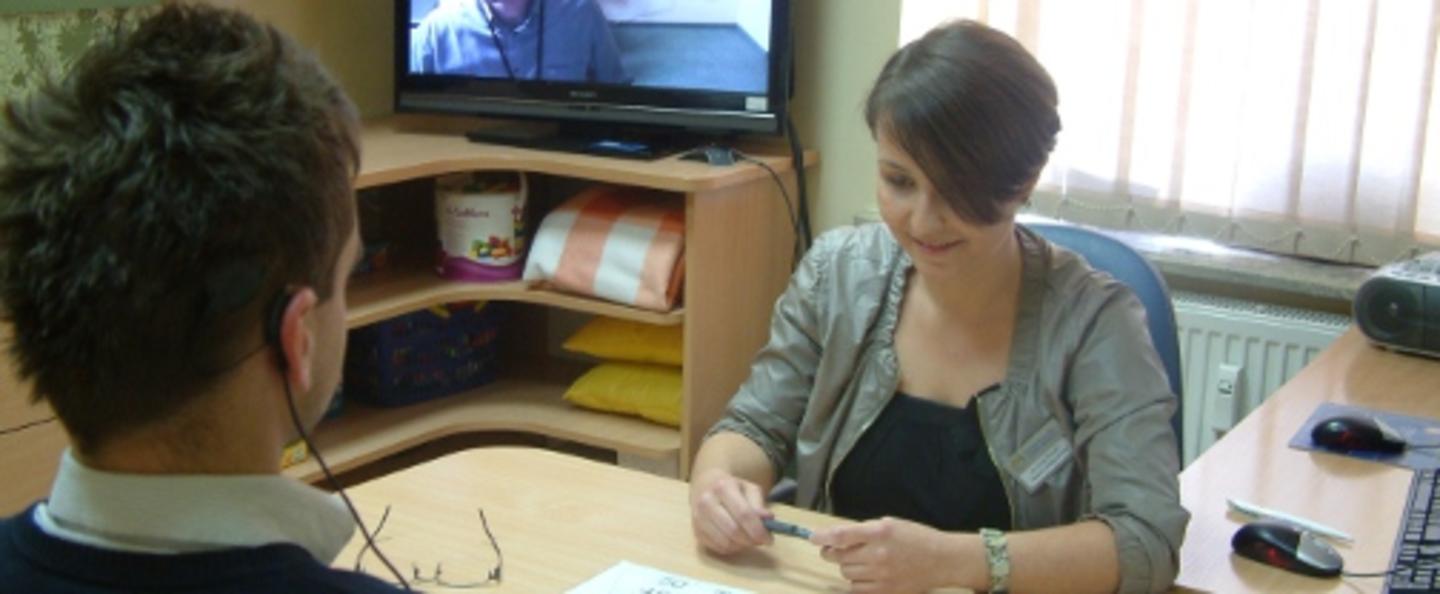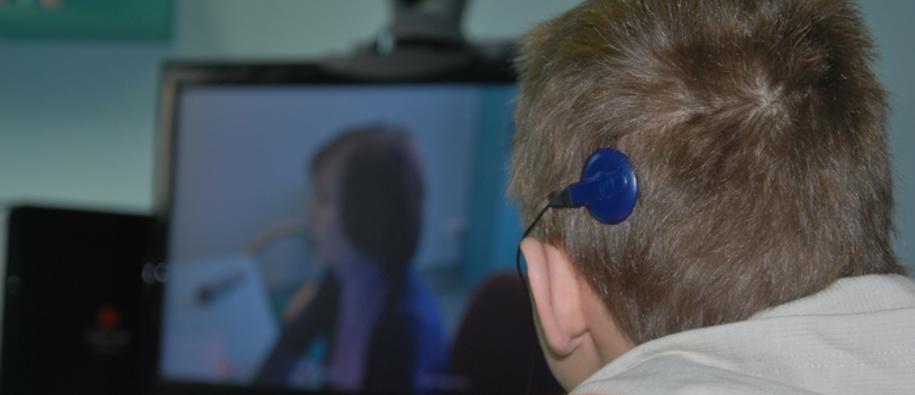“People with hearing disabilities used to have to travel to the Institute of Physiology and Pathology of Hearing in Warsaw, which used to be the only place that could carry out fittings of hearing prosthetics. Many of these patients are young children, and for them and their families this was a big burden,” explains Arkadiusz Wasowski, who was in charge of the project.
Technology
Supported by a grant from Norway of about €840.000, the project established a network of 20 policlinics throughout Poland that, through the use of so-called telemedicine, now can treat patients locally in their own communities.
“Telemedicine involves using information technology to administer health care from a far,” explains Wasowski.
“One example of this is a specialist observing a patient over the internet. Telemedicine also allows us to perform measurements and carry out fittings from a distance. ”
The project equipped the participating clinics with the necessary computers and software and also provided training for staff members. This enables them to provide important rehabilitation to children and others who have been born with a hearing disability and who, after receiving a hearing prosthetics, need help to learn how to talk and properly recognise sound.
Improved quality of life
As a result, quality of life has now greatly improved for many people with hearing disabilities, says Wasowski.
“Particularly for the children it means a lot that they can now get help from local health workers who they know and with whom they feel comfortable. Also, when the children would have to travel for many hours to get to their appointments, they would often arrive being tired and distracted which could make their therapy more difficult.”
The project has also made hearing rehabilitation accessible to a wider group of people, explains Wasowski.
“We know that for some families, the costs associated with travelling could be a big expense. As this cost has now been reduced, more families can afford to give their children the rehabilitation they need to be able to hear and speak properly, enabling them to fully participate in society.”

